How Well Do They Work?

An old friend with a new twist” might be one way to describe a fluid bed sluice box. I’ve been mining with sluice boxes since the 1980s, so to me a sluice box is definitely an old friend. The new twist is that fluid bed sluices do not use a set of riffles and matting to capture gold like a typical sluice. Instead, they use a fluid bed of sand and small pebbles in a collection box that is cast into the sluice to trap gold.
Prospectors who are familiar with typical sluice boxes know the commonly available version is a long metal trough with a set of angled riffles coupled with some sort of carpet or matting to catch gold. The sluice is placed in a moving stream of water and pay dirt is put into the upstream end of the sluice. The moving water washes the dirt through and out of the sluice, while the gold, which is much heavier than the rest of the material, is caught behind the riffles or in the matting.
In years past, all sorts of devices besides metal riffles have been used in sluices as gold traps: stones, wooden blocks, steel rails, and just about anything else that miners thought would capture gold. Recently, plastic sluices with molded riffles and no matting have become common (see “Sluice Box Shootout”, July 2012). Now, with the development of the fluid bed sluice, a bed of churning sand and pebbles has joined the ranks of sluice box gold traps.
Esta historia es de la edición January 2017 de Rock&Gem Magazine.
Comience su prueba gratuita de Magzter GOLD de 7 días para acceder a miles de historias premium seleccionadas y a más de 9,000 revistas y periódicos.
Ya eres suscriptor ? Conectar
Esta historia es de la edición January 2017 de Rock&Gem Magazine.
Comience su prueba gratuita de Magzter GOLD de 7 días para acceder a miles de historias premium seleccionadas y a más de 9,000 revistas y periódicos.
Ya eres suscriptor? Conectar
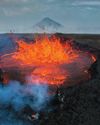
THE BRIGHT SIDE OF VOLCANIC ROCK
As a mineral resource, volcanic rock is decidedly short on glamour.
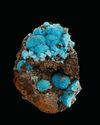
The Other Copper Minerals
12 Lesser-known Collectible Species

MINERAL COLLECTING -AND ROCK & GEM
Evolving Together FOR 54 YEARS
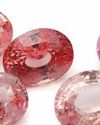
Gemstone Trends
A Look Back at 2024 & What to Expect in 2025
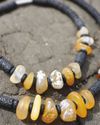
How to Make a GEM BEAD NECKLACE
No Lapidary Experience Needed!
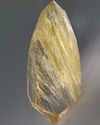
Framing Nature's Art
Faceting Rutilated Quartz for Beginners
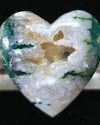
BEDAZZLED BLUE SEAM AGATE
More than several centuries ago, mining was the profession most often seen as befitting of men.
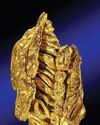
ROCK & GEM FIELD GUIDE:
Spinel is a captivating gemstone with a rich history of being mistaken for gems like ruby and sapphire.
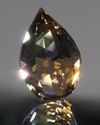
SNAKE SCALE DROP 1.5:1
This Faceting Focus is revisiting the briolette gemstone design because of its popularity with independent and hobby gemstone faceters.
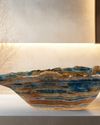
STONE CHIC
How Earth-Inspired Decor Brings Comfort to our Home